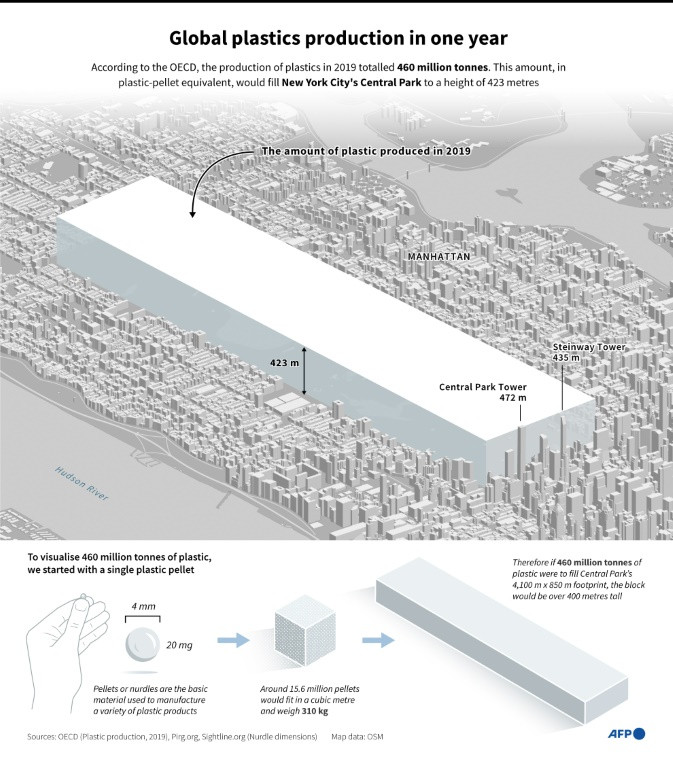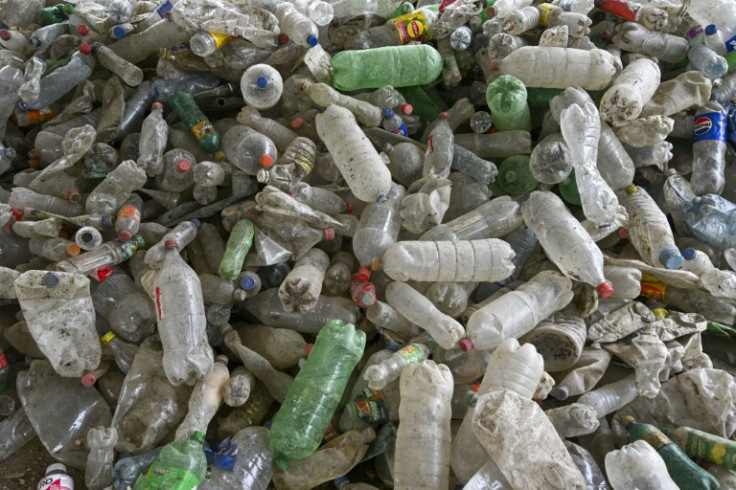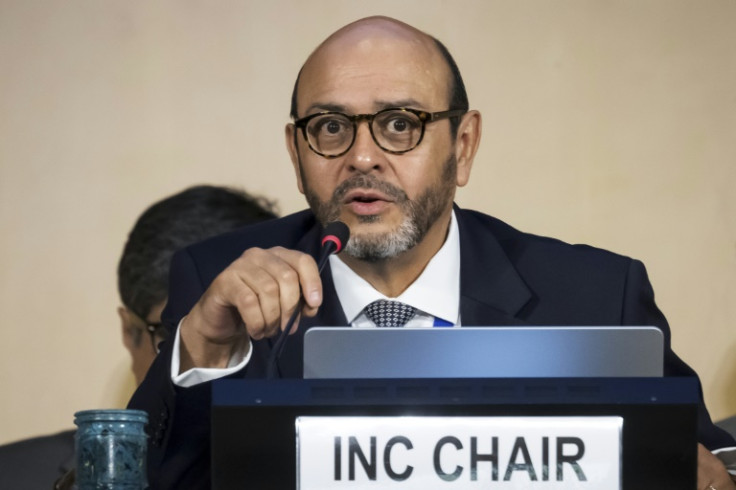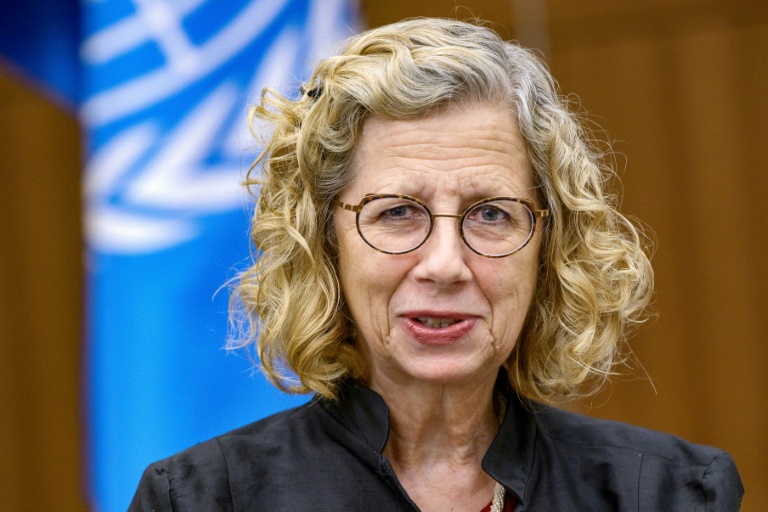Blog
Plastic pollution treaty not dead in the water: UN environment chief
The UN environment chief insists a landmark global treaty to fight plastic pollution is still achievable, despite talks failing twice and the chairman’s sudden resignation this week.
United Nations Environment Program (UNEP) Executive Director Inger Andersen told AFP in an exclusive interview that countries are not going away, regardless of sharp differences in the fight against an ever-growing problem, including in the oceans.
The large bloc wants bold action, such as limiting plastic production, while a smaller group of oil-producing countries wants to focus more narrowly on waste management.
Final talks in South Korea in 2024 reportedly ended without an agreement, and efforts renewed in August in Geneva also failed.
As the talks failed, countries expressed anger and despair, but said they still wanted future negotiations.
“We came out with more transparency. And no one left the table,” Andersen said.
“No one walked away and said, ‘It’s just hopeless, we’re giving up’. No one. And I draw courage from all of this.”
The problem of plastic pollution is so pervasive that microplastics have been found on the highest mountain peaks, in the deepest ocean trenches, and scattered throughout almost every part of the human body.
More than 400 million tons of plastic are produced worldwide every year, half of which is single-use.
Although 15 percent of plastic waste is collected for recycling, only 9 percent is actually recycled.
Almost half, or 46 percent, ends up in landfills, 17 percent is incinerated and 22 percent is mismanaged and becomes garbage.
Annual production of plastics made from fossil fuels is expected to triple by 2060.
As things stand, there is no timetable for when further talks could take place, and no country has submitted formal proposals to hold them.
But Andersen “absolutely” believes an agreement is within reach.
“It’s totally doable. We just have to keep doing it,” she said.
UNEP is leading the talks process, which started in 2022.
Summarizing the situation of individual countries, Andersen said: “The mood music is: ‘we are still in the negotiations. We are not leaving. We have our red lines, but we better understand the red lines of others. And we still want it’.”
Andersen said Norway and Kenya convened a well-attended meeting of the U.N. General Assembly in New York last month.
The COP30 climate summit in Brazil in November will be another opportunity to roll out sensors ahead of the UN Environment Assembly in Nairobi in December.
Luis Vayas Valdivieso, Ecuador’s ambassador to the UK who chaired the last three of six rounds of negotiations, announced he would step down, leaving the process rudderless.
Vayas’ draft text of the Geneva Treaty was immediately torn apart by countries in brutal fashion, and although the revised effort gained some support, time had run out.
The British newspaper The Guardian reported that on a recent evening in Geneva, Andersen’s UNEP team staff held a secret meeting aimed at persuading members of civil society groups to pressure Vayas to leave.
“This is a very, very serious allegation,” Andersen said.
“I didn’t know and obviously I didn’t ask anyone to do something like that.”
She said the allegation had been forwarded to the UN Office of Internal Oversight Services.
“I have been in this business for 40 years and I have never, ever done anything like this and I would never ask my staff or anyone else to go into secret meetings, quote my name and ask for the removal of a sitting president elected by member states. It’s outrageous.”
As for whether the new chair could create new momentum, she said: “As always, when there is change, there is a certain degree of different mood.”




